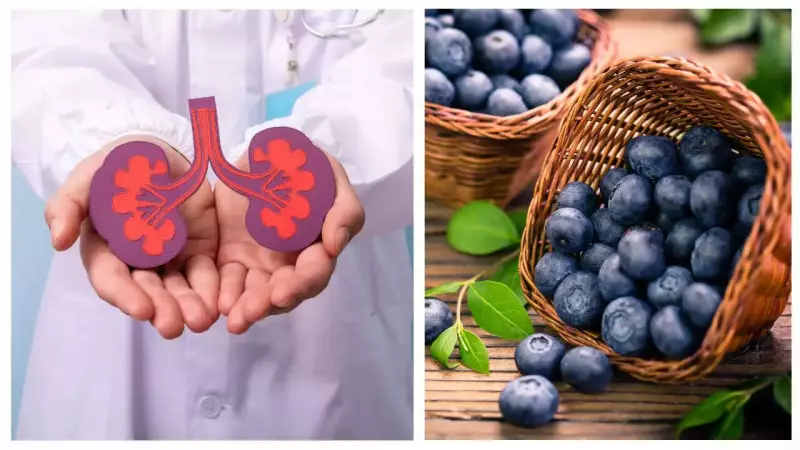
Your kidneys work tirelessly as your body's natural filtration system, but are you giving them the support they need? Scientific research has identified specific foods that can either be your kidneys' best friend or worst enemy. Here's what the evidence says about optimizing your renal health through diet.
4 Science-Backed Kidney Superfoods
These nutritional powerhouses have demonstrated real benefits for kidney function and protection:
1. Red Bell Peppers: The Low-Potassium Powerhouse
Rich in vitamins A, C, and B6, folic acid, and fiber, red bell peppers provide essential nutrients without overloading your system with potassium—a crucial consideration for those with compromised kidney function. Their vibrant color comes from antioxidants that help combat cellular damage.
2. Cabbage: The Cleansing Cruciferous
Packed with phytochemicals that help break down free radicals, cabbage is a kidney-friendly vegetable that's low in potassium and high in vitamins K and C. It's also rich in fiber, which helps maintain healthy digestion and may prevent constipation—a common issue for kidney patients.
3. Cauliflower: The Versatile Protector
This cruciferous vegetable contains compounds that help your liver neutralize toxic substances, reducing the burden on your kidneys. It's also an excellent source of folate and fiber while being naturally low in potassium and phosphorus.
4. Garlic: The Flavorful Defender
Research suggests garlic's anti-inflammatory and antioxidant properties may help protect kidney function. It adds robust flavor without the sodium overload that comes from salt, making it an ideal seasoning for kidney-healthy cooking.
4 Scientifically-Proven Kidney Damagers to Avoid
These common foods could be silently compromising your renal health:
1. Processed Meats: The Sodium Bombs
Loaded with preservatives containing phosphorus and sodium, processed meats like bacon, sausages, and deli meats have been linked to declining kidney function. Studies show the high salt content can increase blood pressure, directly damaging kidney filtration units.
2. Carbonated Drinks: The Phosphorus Threat
Dark-colored sodas contain phosphorus additives that are more easily absorbed by your body than natural phosphorus. Regular consumption has been associated with proteinuria (protein in urine)—an early sign of kidney damage.
3. High-Sodium Foods: The Silent Killer
Excess sodium forces your kidneys to work overtime to remove it from your bloodstream. Packaged snacks, canned soups, and fast food can contain shocking amounts of sodium that gradually wear down your kidney function.
4. High-Potassium Fruits (For Advanced CKD)
While generally healthy, bananas, oranges, and other high-potassium fruits can be dangerous for people with advanced kidney disease whose kidneys can't properly regulate potassium levels. Always consult your doctor about appropriate potassium intake for your specific condition.
The Science Behind Kidney Nutrition
Recent studies in nephrology have revealed that dietary choices significantly impact glomerular filtration rate (GFR)—the key measure of kidney function. The right foods can reduce inflammation, oxidative stress, and blood pressure—the three main culprits in kidney damage.
Remember: While these guidelines are scientifically supported, individual needs vary based on your current kidney function. Always work with your healthcare provider to create a personalized nutrition plan that addresses your specific health status and needs.





